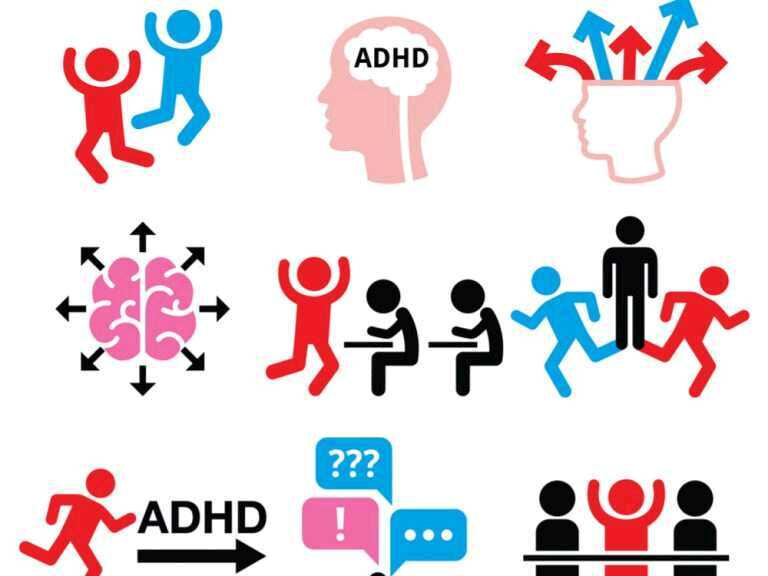
Is there yet another piece in the puzzle of Type 2 diabetes?
ADHD is no longer a fringe diagnosis; instead, it is fairly common, affecting approximately 5% of children and 2.5% of adults. Primarily considered a neurological and behavioral condition, ADHD affects your ability to focus and stay on task, and is often accompanied by other mental health concerns. Diabetes diagnoses are also growing increasingly common. As the prevalence of mental and physical health problems continue to increase, the question arises: are mental health and physical health conditions linked?
What Exactly Is ADHD?
As its name suggests, this particular condition is characterized by difficulty (or the inability) to pay attention, overactive behavior, and an inability to stay on a specific task or stay in a specific space for too long. Other symptoms include difficulty maintaining eye contact, impulsivity, and in school-aged children, difficulty with coursework.
Stemming from an imbalance in the brain, ADHD can be extremely mild and improved or worsened with certain dietary and exercise habits, or can be quite severe and require medication in order to treat the imbalances behind the condition. The most common drugs used to treat ADHD are Adderall and Ritalin.
ADHD and Diabetes: A Causal Relationship?
Studies conducted to determine a possible link between these two conditions arrived at some surprising conclusions. One study found that there were more previous Type 2 diagnoses among people with ADHD than those without. Another discovered that children who received a Type 1 diagnosis had a higher likelihood of receiving an ADHD diagnosis than children without a metabolic disorder. The first study focused on adults, while the second focused on children and adolescents.
This link is significant, if not entirely understood. The link could be due to the degeneration of cognitive function made possible with a diabetes diagnosis, or could be a result of increased doctor’s visits and screening as part of receiving a diagnosis of Type 1 or Type 2. ADHD is not typically a debilitating condition, but can be frustrating for those who suffer from it, and difficulty remembering and staying on task could make diabetes treatment more difficult.
Diabetes Treatment and ADHD
A primary symptom of ADHD is the tendency to forget or forego simple daily tasks, such as completing chores, paying bills, following a hygiene routine, or taking medication. While chores may not play a significant role in the life of a diabetic, bills, hygiene, and medication are all very serious tasks and must be completed regularly. A link between ADHD and diabetes is not a simple case of co-morbidity, but has the potential to further aggravate a metabolic disorder due to the symptoms associated with Attention Deficit Hyperactivity Disorder.
For some, diet and exercise have a hand in managing the symptoms of both diabetes and ADHD, while others require a strict regimen of medication for one or both conditions. Together, though, these are still not enough to eradicate or reverse either condition; instead, diet, exercise, and medication may provide some relief from symptoms of these conditions.
Ultimately, the exact mechanisms linking diabetes and ADHD are not yet known—a link has simply been observed. As such, keeping a close eye on your mental health and cognitive function following a diabetes diagnosis can mean all the difference in receiving an accurate and whole diagnosis.
ReferencesNCBI (1). Accessed 10/20/17.
NCBI (2). Accessed 10/20/17.
Psychiatry. Accessed 10/20/17.
Web MD. Accessed 10/20/17.
